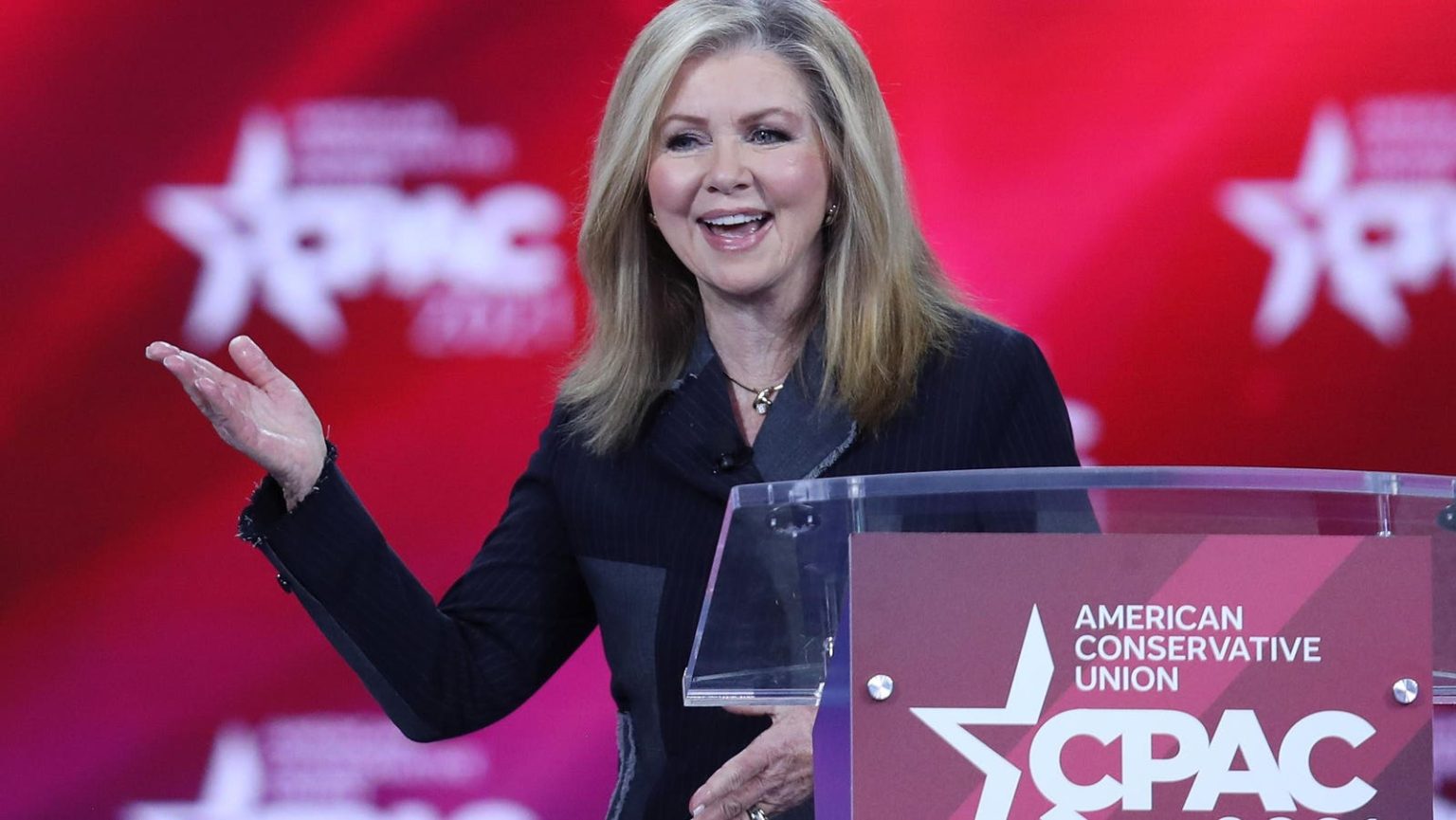The recent bipartisan Kids Online Safety Act, aimed at protecting children on social media, has sparked questions about conservative views on limited government. Republican Senator Marsha Blackburn touts the bill as a way to prioritize children’s safety on social platforms. However, critics wonder why conservatives, who often advocate for smaller government, are supporting government intervention in this case. This raises concerns about the role of government in protecting citizens’ well-being.
Critics, including conservative voices like Jonathan Haidt, argue that increased internet usage among children has led to anxiety and social isolation. They point out that parents in the pre-internet era were more concerned about their children’s activities outside the home. The shift towards online interactions has changed the landscape of parental oversight, as technology allows parents to monitor their children’s activities and whereabouts more closely. This begs the question of whether government intervention is necessary to regulate online content.
Supporters of the Kids Online Safety Act argue that government intervention is needed to protect children from harmful online content. However, critics note that issues of inappropriate content existed long before the internet, with access to adult materials like Playboy and Penthouse. They question whether government regulation is the most effective solution to address these concerns, especially when it contradicts the conservative principle of limited government intervention. Republicans are urged to reconsider their support for legislation that expands government oversight.
The push for online safety legislation reflects broader debates within the conservative movement about the role of government in society. Conservatives traditionally advocate for limited government involvement in personal matters, but are faced with new challenges in the digital age. The tension between promoting child safety and upholding limited government principles highlights the complexities of governance in the modern era. Ultimately, the effectiveness of government intervention in online safety remains a subject of ongoing debate among policymakers and advocates.
The Kids Online Safety Act represents a shift in conservative attitudes towards government involvement in protecting children from online dangers. While the intention to safeguard children is laudable, the means through which this is achieved may raise concerns about government overreach. Critics argue that parents should play a primary role in monitoring their children’s online activities, with government intervention serving a secondary or supportive role. The debate over child safety in the digital age is likely to continue evolving as technology and societal norms change.


